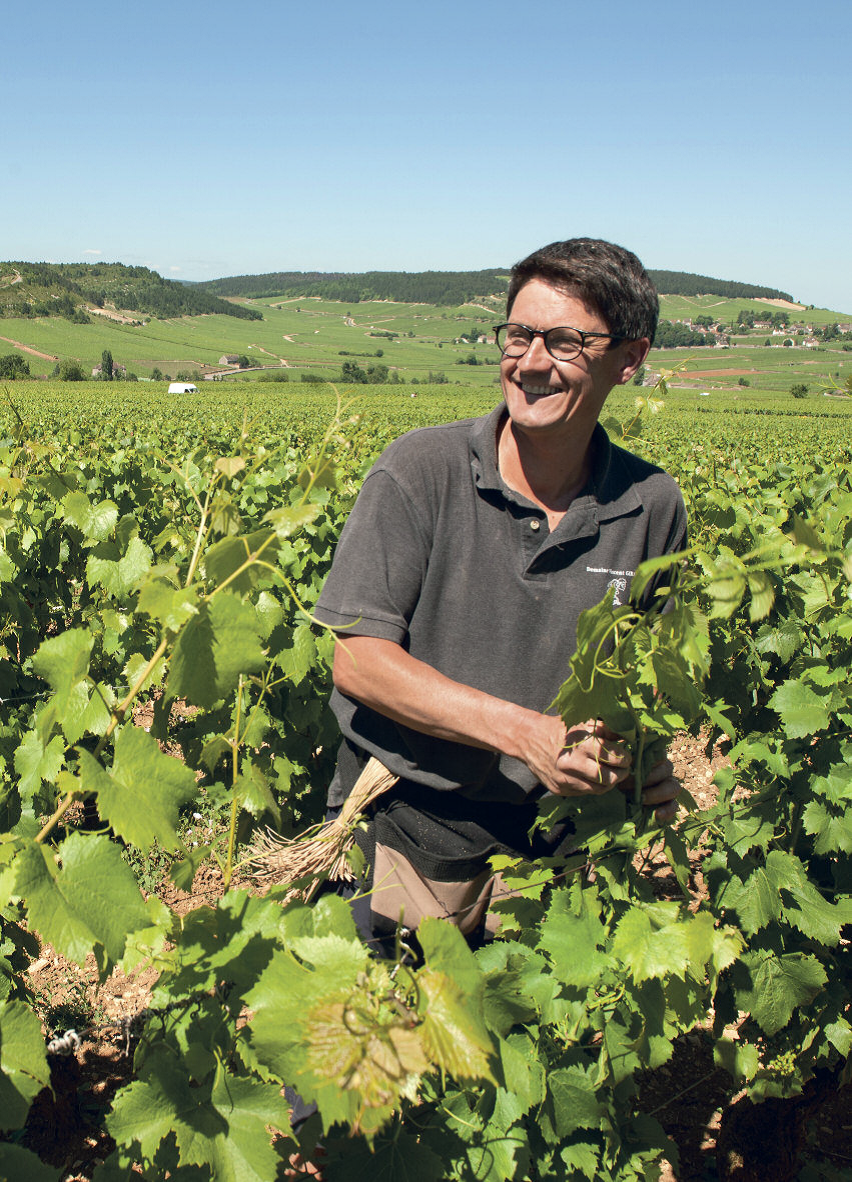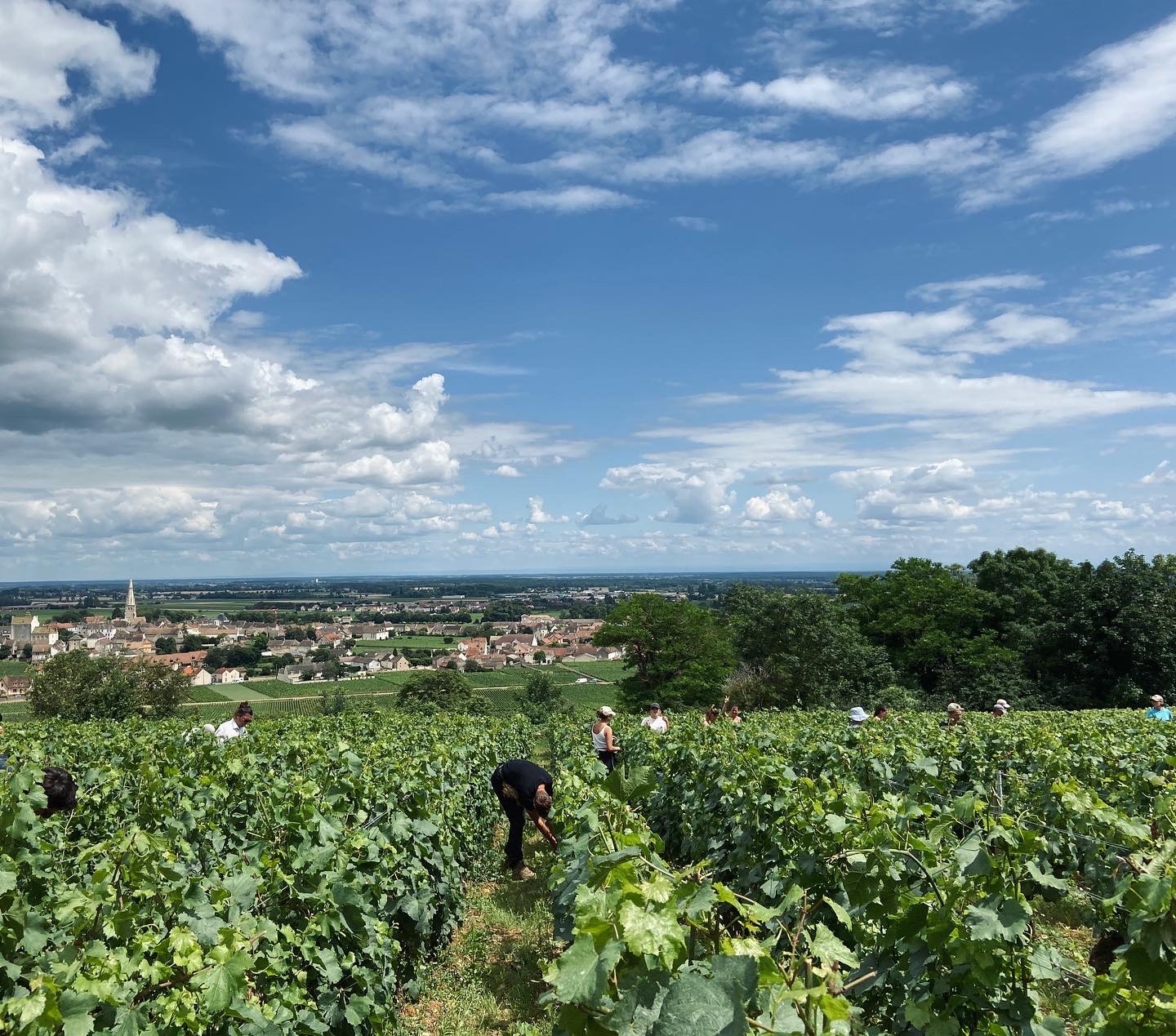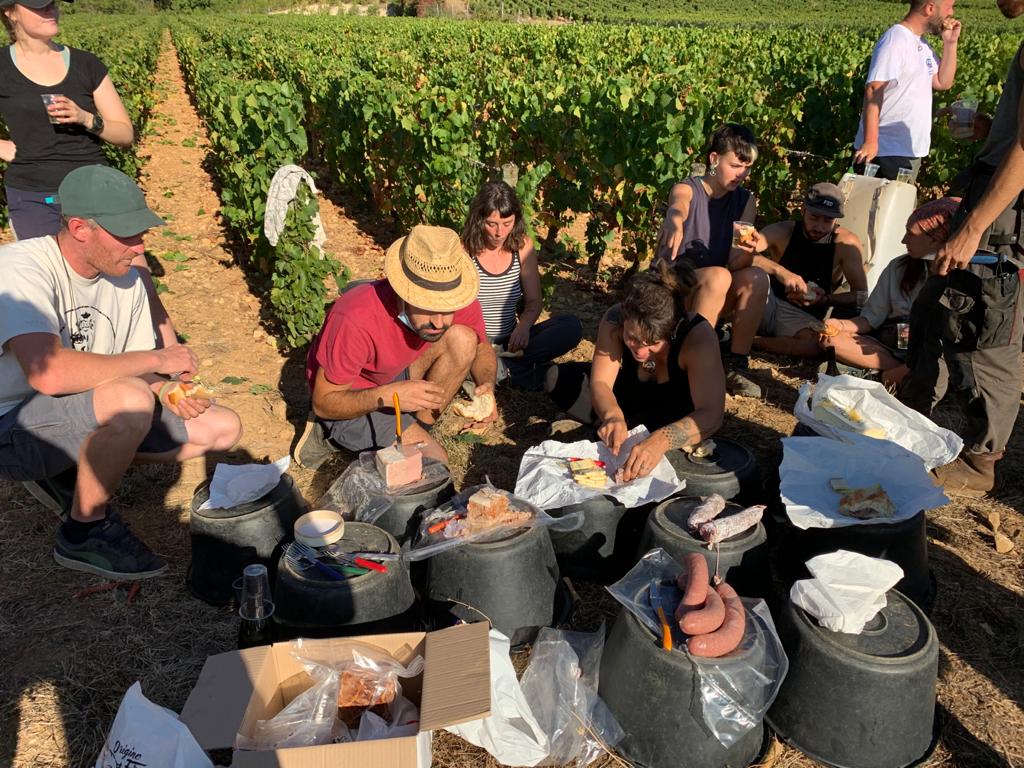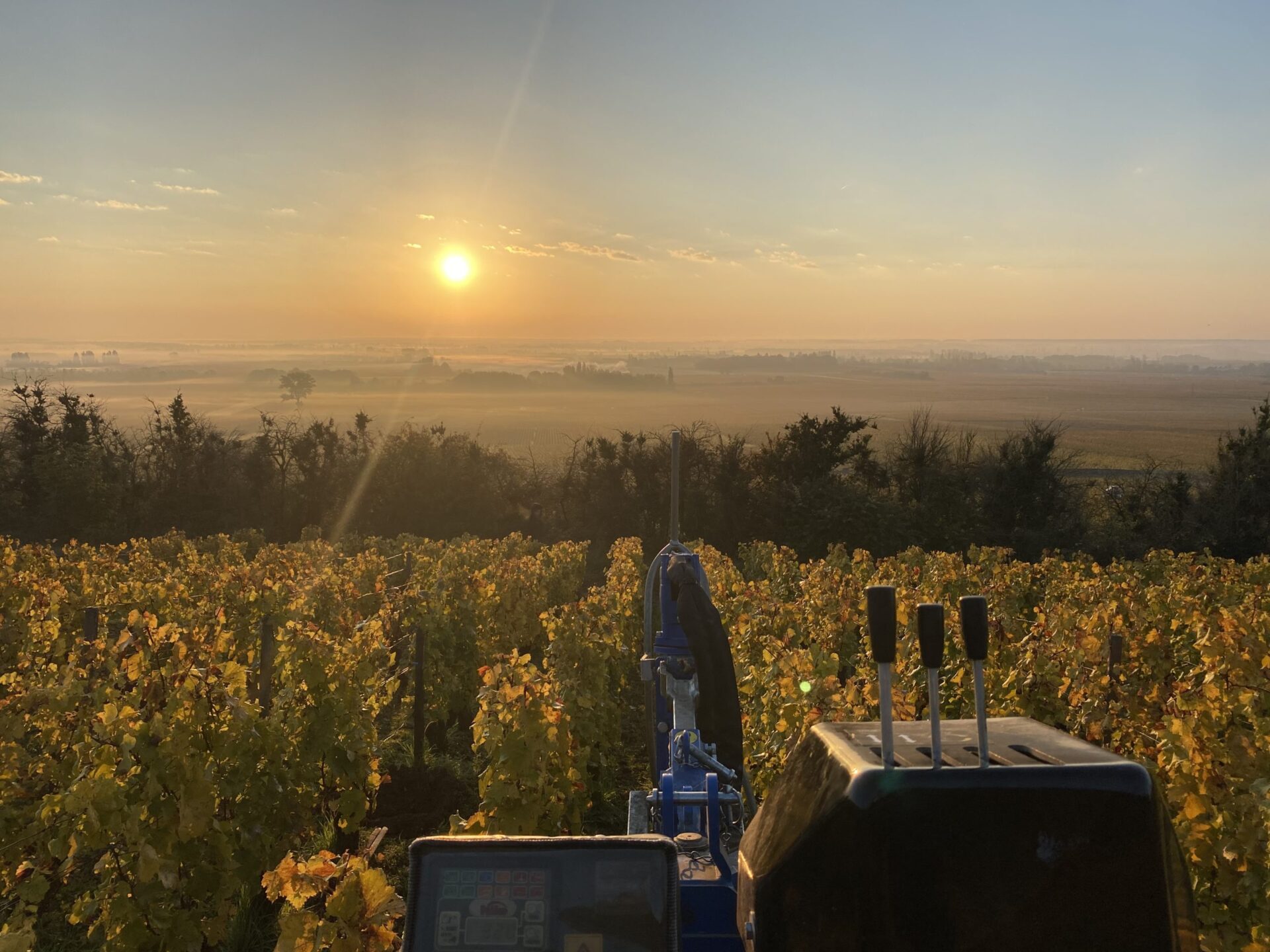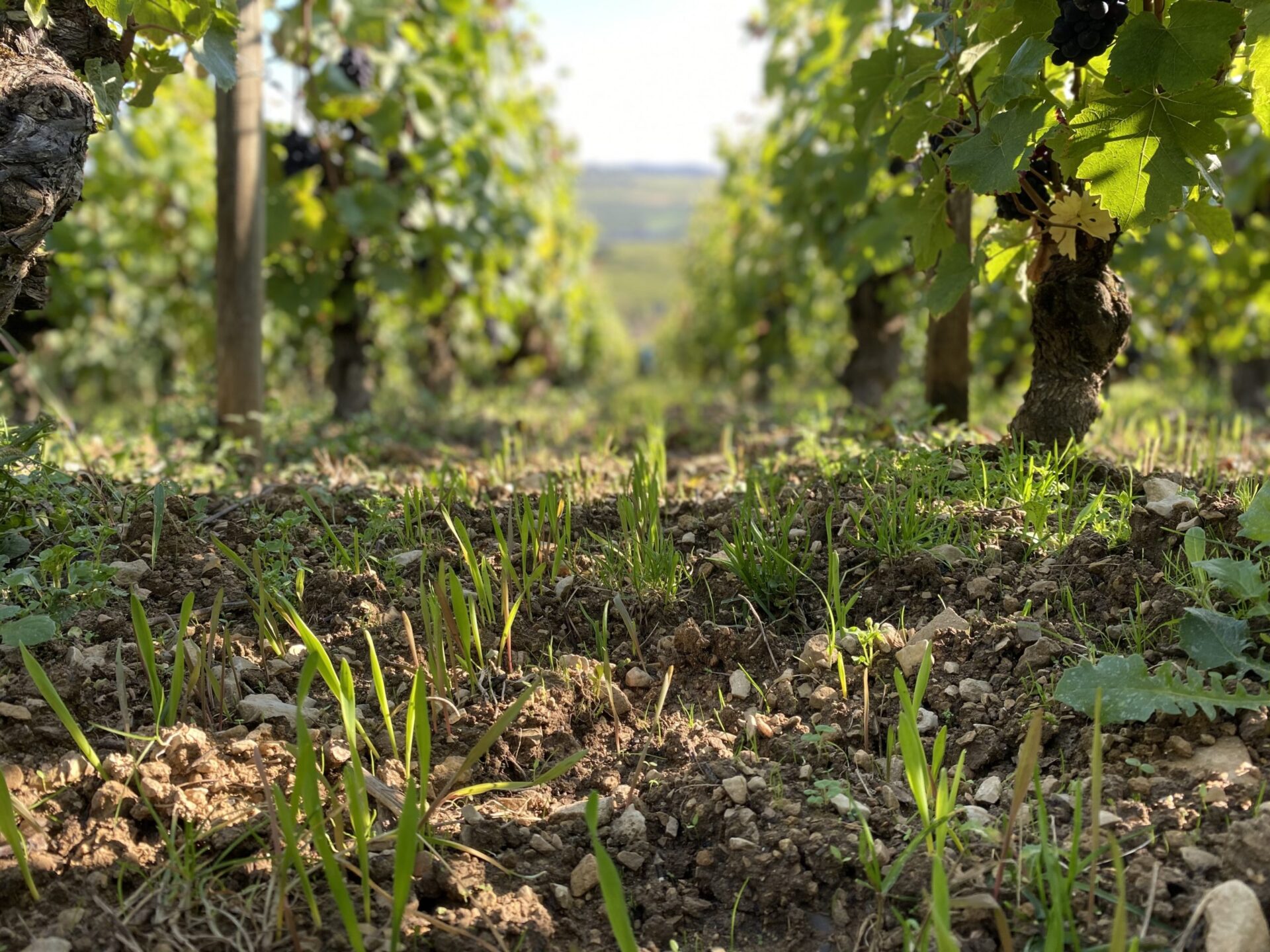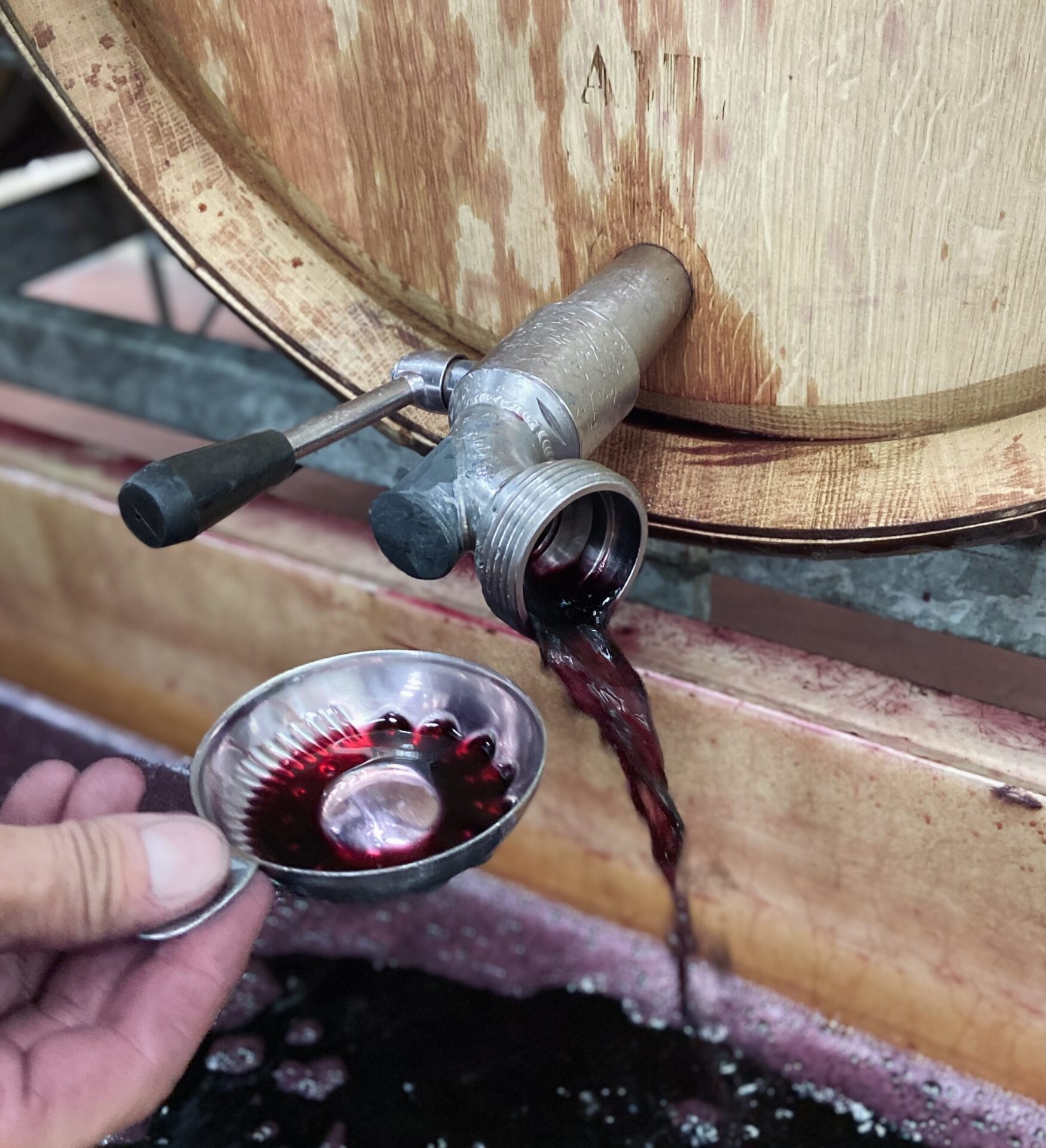2019 Vincent Girardin Corton Charlemagne Grand Cru
If you’re a Burgundy-lover you better be snatching up all the 2019 you can. It is said to be one of the best vintages of all time, a “perfect storm” of perfection. On top of that, 2020 had major crop loss so we are seeing shortages across the board. Only 4 bottles available! Get it while you can.
Organic farming practices, hand-harvested, and native yeast fermentation.
$275.00
Out of stock
The history of Maison Vincent Girardin is relatively recent. In 1980, at the age of 19, Vincent Girardin, the son of a family of winegrowers based in Santenay since the 17th century, decided to strike out on his own. He began producing wine from five acres of vines that he had inherited from his parents. From a young age Vincent had a passion for working with vines and great respect for the potential that they represented. The quality of his wines were quickly recognized by connoisseurs all over the world and this enabled him to expand, focusing primarily on the great white and red wines of the Côte de Beaune. To cope with the growing demand for his wines, he developed an approach that was new in Burgundy: he purchased grapes from producers who shared the same philosophy and high standards of winemaking. In 2012, Vincent Girardin sold his operation to a long-standing partner of the Maison. Jean-Pierre Nié, President of the Compagnie des Vins d’Autrefois in Beaune, naturally decided to continue with the small team of nine people that had been faithful to the Maison for many years.
Eric Germain has been the winemaker at Vincent Girardin for nearly twenty years. He was Vincent’s right-hand man for many years until Vincent’s retirement. From a family of winemakers in Meursault and as an oenologist, Eric has expert knowledge of the vineyards in the Côte de Beaune.
CHARDONNAY
As the most popular white grape for growing and consuming, Chardonnay can be made in a wide range of styles. These styles can vary from a sparkling Blanc de Blanc, or fresh fermented in stainless steel, to rich and creamy white wine aged in oak barrels. Notable regions for this grape include Chablis or Burgundy in France, Central Coast, Napa, and Sonoma in CA, and Western Australia. When pairing with food, consider the characteristics of your wine first. No brainer pairing options include seafood, salads, and white meat. Chardonnay, with its vast versatility, is everyone’s best friend.
BURGUNDY, FRANCE
Burgundy is a historical region in east-central France that covers a wide area with ranging climates. The large number of producers and appellations within Burgundy can make the region seem complicated to the eye. At its essence though, Burgundy can be quite simple. This is the home for Pinot Noir and Chardonnay, and these wines are second-to-none around the world. Burgundy winemakers were the pioneers for premium Chardonnay production and continue to provide a benchmark of excellence in viticulture and winemaking for all of their varieties.
Vineyard location is extremely important in Burgundy. The location will determine their quality level within the Burgundy appellation hierarchy. The highest-quality vineyards will generally have a south or southeast facing exposure providing the most access to sunlight and offering protection from westerly winds. These wines may be listed as premier cru or grand cru on the bottle label. Soils in Burgundy can vary depending on the area, but you’ll find many of them are rich in limestone and clay. Burgundian wines can age for many years if stored properly and will often hit their peak drinking age 5-10 years after production.
Chablis, the Côte d’Or, Côte Chalonnaise, Mâconnais and Beaujolais are all appellations within Burgundy that have different rules and produce different styles of wines. Perhaps even more well-known are the sub-appellations within. The small villages of Corton, Montrachet, Meursault, and so on have reputations for producing the best white wine in the world.



